How To Choose The Right Pool Pump For Your Needs
Owning a pool is a dream for many, offering a refreshing escape during hot summer days and a perfect spot for family gatherings and relaxation. However, maintenance can be a daunting task that requires consistent effort and attention. One of the most crucial components of pool maintenance is the pool pump. This guide will help you understand how to choose the right pool pump for your needs, ensuring a sparkling, well-maintained pool all year round.
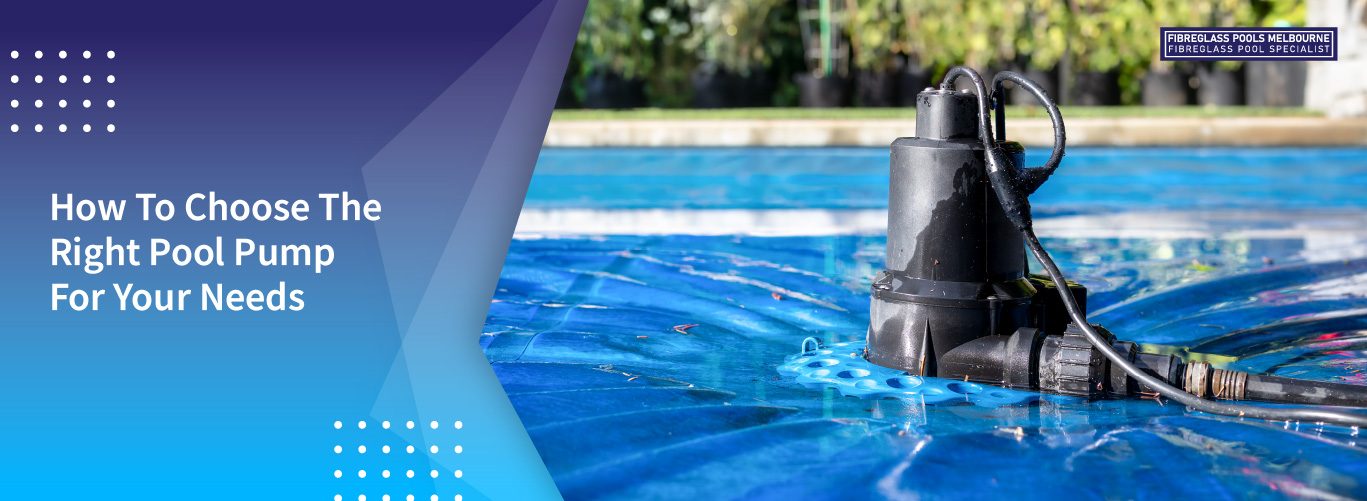
Why Is It Vital To Get A Good Pool Pump?
A high-quality pool pump is vital for maintaining clean and safe water. It circulates the water, ensuring that it passes through the filtration system, which removes debris, impurities, and bacteria. Regular circulation is essential for preventing stagnation and the buildup of algae, which can turn your pool green and uninviting. Without a reliable pump, your pool can quickly become a breeding ground for unwanted contaminants, posing health risks to swimmers.
Understanding the importance of a good pool pump is the first step toward making an informed decision. Factors such as the size of your pool, the type of filtration system, and your specific usage patterns all play a role in determining the best pump for your setup. Additionally, considering energy efficiency and the pump’s operational noise can contribute to a more pleasant pool ownership experience. By investing in a suitable pool pump, you can enjoy the benefits of a pristine pool with minimal hassle, allowing you to focus on relaxation and fun.
Types of Pool Pumps
Single-Speed Pool Pumps
Single-speed pumps operate at one constant speed and are the most traditional and common type of pool pump. They are typically more affordable upfront, making them an attractive option for budget-conscious pool owners. However, single-speed pumps can be less energy-efficient compared to newer models, as they run at full power regardless of the task. This inefficiency translates to higher electricity bills over time and potentially more wear and tear on the pump.
Dual-Speed Pool Pumps
Dual-speed pumps offer two different speeds – high and low. The high speed is typically used for more demanding tasks like vacuuming the pool, circulating chemicals, and running certain types of pool heaters. The low speed is sufficient for general filtration and daily water circulation. This flexibility can lead to significant energy savings and reduced wear on the pump, as it allows the pump to operate at a lower speed for most of its run time. Additionally, dual-speed pumps are quieter when running at low speed, providing a more pleasant poolside experience.
Variable-Speed Pool Pumps
Variable-speed pumps are the most advanced option available on the market, allowing you to adjust the speed to suit various tasks with precision. These pumps use advanced motor technology to achieve a wide range of speeds, making them highly energy-efficient. By running at lower speeds for most tasks and only ramping up when necessary, variable-speed pumps can dramatically lower your operating costs and extend the life of your pool equipment. Although they come with a higher initial price tag, the long-term savings on electricity, combined with potential rebates and incentives from utility companies, make them a worthwhile investment for any pool owner looking to maximise efficiency and minimise costs. Furthermore, variable-speed pumps tend to be quieter, providing a more tranquil pool environment.
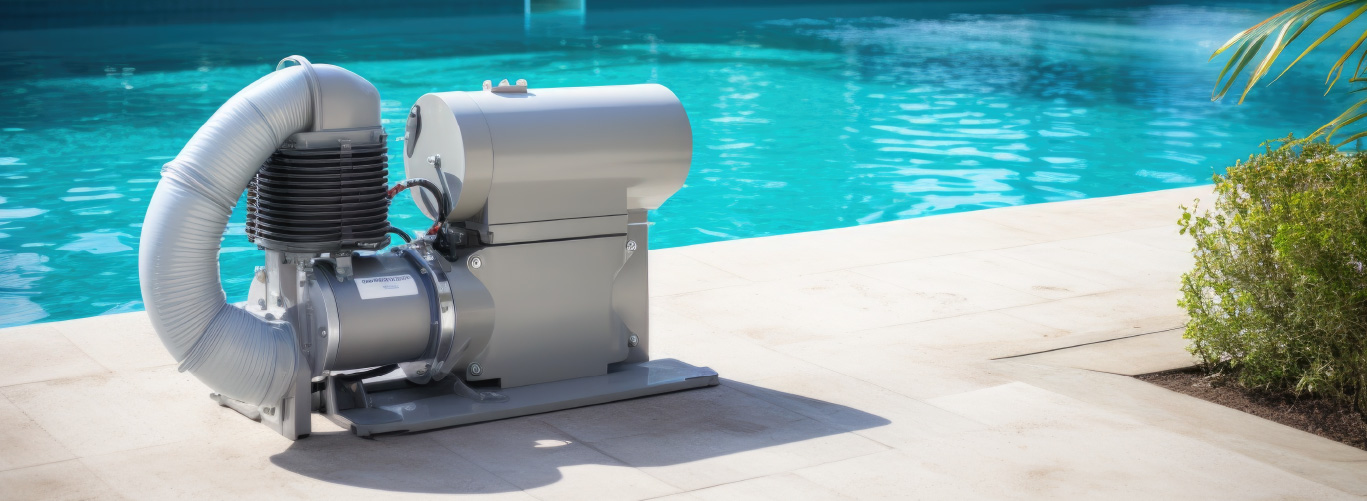
Factors to Consider When Choosing a Pool Pump
Pool Size
The size of your pool is a crucial factor in determining the right pump. A pump that’s too small won’t circulate water effectively, while an oversized pump can waste energy. Measure your pool’s volume and consult a professional to ensure you choose a pump that matches your pool’s requirements.
Energy Efficiency
Energy-efficient pumps can save you a significant amount of money over time. Look for models with a high energy star rating and consider variable-speed pumps for maximum savings. An efficient pump not only reduces your energy bills but also has a lower environmental impact.
Noise Levels
Pool pumps can be noisy, which may disturb your peace, especially if your pool is near living spaces. Variable-speed pumps tend to be quieter, as they often run at lower speeds. Check the noise ratings and read reviews to find a quiet model that won’t disrupt your household.
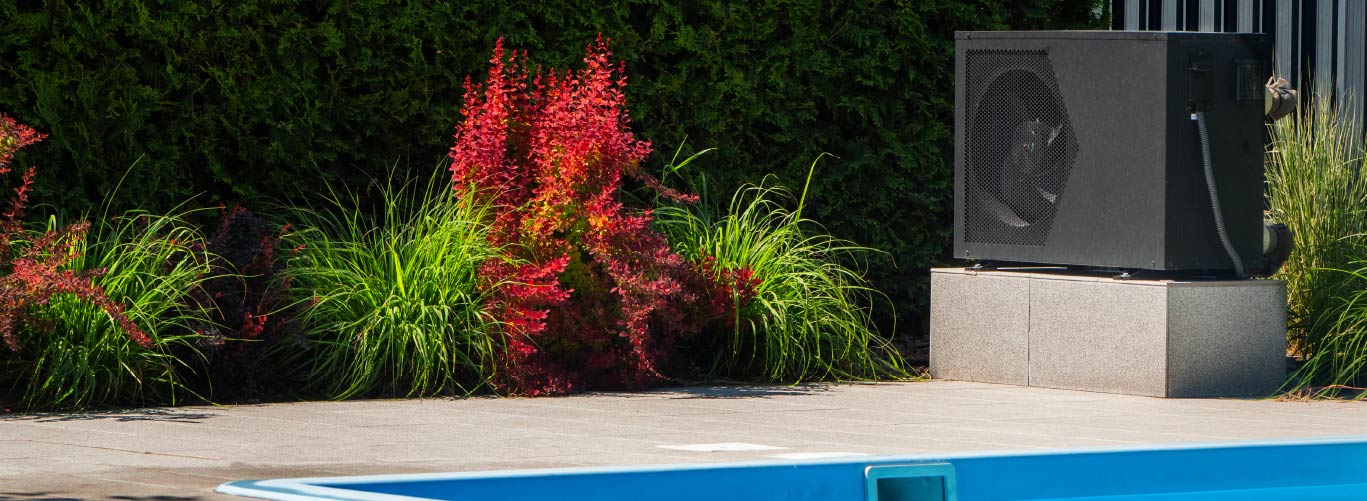
Best Practices for Installation and Maintenance
Proper Installation
Proper installation is key to ensuring your pump operates efficiently and has a long lifespan. Place the pump on a stable, level surface and ensure it’s correctly aligned with the rest of your pool equipment. Secure all connections tightly to prevent leaks. Improper installation can lead to noise, vibrations, and premature wear, which can ultimately reduce the pump’s effectiveness and durability.
Regular Maintenance
Regular maintenance is essential to prolong the life of your pool pump and ensure it operates at peak efficiency. Clean the pump basket and filter regularly to prevent clogs that can restrict water flow. Inspect the pump for any signs of wear or damage, such as cracks or corrosion, and replace parts as needed. Lubricate the pump’s moving parts to reduce friction. Keeping a detailed maintenance schedule can help you avoid costly repairs and extend the life of your pump.
Seasonal Shutdown
If you live in an area with cold winters, consider shutting down your pool pump during the off-season to protect it from harsh conditions. Drain the pump completely and store it in a dry, temperature-controlled place to prevent freezing and damage. Covering the pump with a protective wrap can add an extra layer of security. A well-maintained pump will be ready to go when the swimming season starts again, ensuring your pool remains clean and inviting.
Choosing the right pool pump is essential for keeping your pool clean, safe, and enjoyable. By understanding the different types of pumps, considering key factors like pool size and energy efficiency, and following best practices for installation and maintenance, you can ensure optimal performance and longevity of your pump. Don’t forget to share your own experiences and tips in the comments below – your insights could help fellow pool owners make the best choice for their needs!
How To Choose The Right Pool Pump For Your Needs
Owning a pool is a dream for many, offering a refreshing escape during hot summer days and a perfect spot for family gatherings and relaxation. However, maintenance can be a daunting task that requires consistent effort and attention. One of the most crucial components of pool maintenance is the pool pump. This guide will help you understand how to choose the right pool pump for your needs, ensuring a sparkling, well-maintained pool all year round.
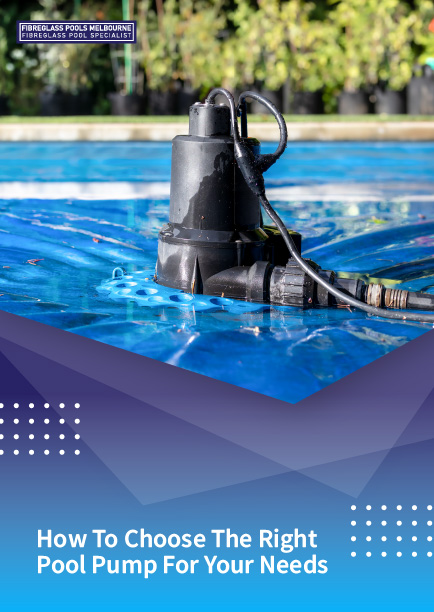
Why Is It Vital To Get A Good Pool Pump?
A high-quality pool pump is vital for maintaining clean and safe water. It circulates the water, ensuring that it passes through the filtration system, which removes debris, impurities, and bacteria. Regular circulation is essential for preventing stagnation and the buildup of algae, which can turn your pool green and uninviting. Without a reliable pump, your pool can quickly become a breeding ground for unwanted contaminants, posing health risks to swimmers.
Understanding the importance of a good pool pump is the first step toward making an informed decision. Factors such as the size of your pool, the type of filtration system, and your specific usage patterns all play a role in determining the best pump for your setup. Additionally, considering energy efficiency and the pump’s operational noise can contribute to a more pleasant pool ownership experience. By investing in a suitable pool pump, you can enjoy the benefits of a pristine pool with minimal hassle, allowing you to focus on relaxation and fun.
Types of Pool Pumps
Single-Speed Pool Pumps
Single-speed pumps operate at one constant speed and are the most traditional and common type of pool pump. They are typically more affordable upfront, making them an attractive option for budget-conscious pool owners. However, single-speed pumps can be less energy-efficient compared to newer models, as they run at full power regardless of the task. This inefficiency translates to higher electricity bills over time and potentially more wear and tear on the pump.
Dual-Speed Pool Pumps
Dual-speed pumps offer two different speeds – high and low. The high speed is typically used for more demanding tasks like vacuuming the pool, circulating chemicals, and running certain types of pool heaters. The low speed is sufficient for general filtration and daily water circulation. This flexibility can lead to significant energy savings and reduced wear on the pump, as it allows the pump to operate at a lower speed for most of its run time. Additionally, dual-speed pumps are quieter when running at low speed, providing a more pleasant poolside experience.
Variable-Speed Pool Pumps
Variable-speed pumps are the most advanced option available on the market, allowing you to adjust the speed to suit various tasks with precision. These pumps use advanced motor technology to achieve a wide range of speeds, making them highly energy-efficient. By running at lower speeds for most tasks and only ramping up when necessary, variable-speed pumps can dramatically lower your operating costs and extend the life of your pool equipment. Although they come with a higher initial price tag, the long-term savings on electricity, combined with potential rebates and incentives from utility companies, make them a worthwhile investment for any pool owner looking to maximise efficiency and minimise costs. Furthermore, variable-speed pumps tend to be quieter, providing a more tranquil pool environment.
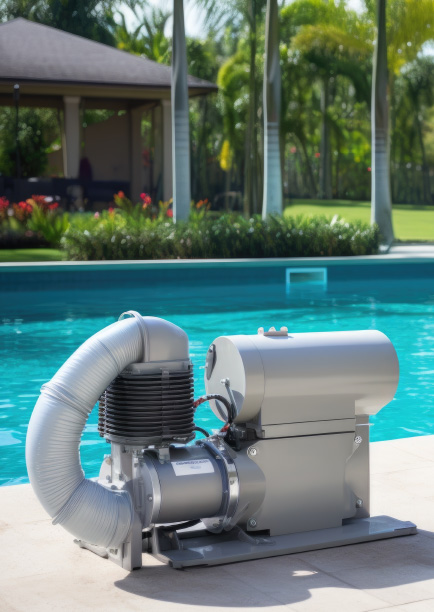
Factors to Consider When Choosing a Pool Pump
Pool Size
The size of your pool is a crucial factor in determining the right pump. A pump that’s too small won’t circulate water effectively, while an oversized pump can waste energy. Measure your pool’s volume and consult a professional to ensure you choose a pump that matches your pool’s requirements.
Energy Efficiency
Energy-efficient pumps can save you a significant amount of money over time. Look for models with a high energy star rating and consider variable-speed pumps for maximum savings. An efficient pump not only reduces your energy bills but also has a lower environmental impact.
Noise Levels
Pool pumps can be noisy, which may disturb your peace, especially if your pool is near living spaces. Variable-speed pumps tend to be quieter, as they often run at lower speeds. Check the noise ratings and read reviews to find a quiet model that won’t disrupt your household.
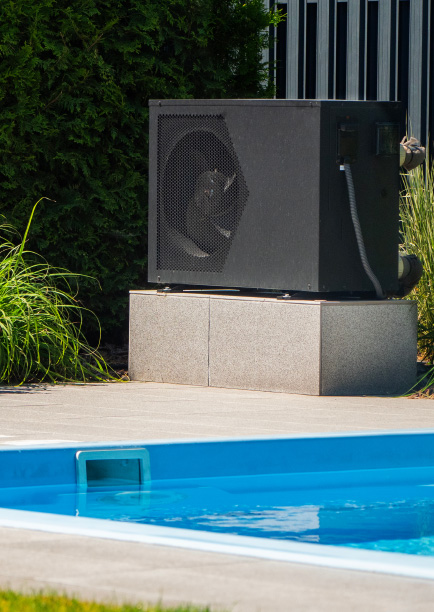
Best Practices for Installation and Maintenance
Proper Installation
Proper installation is key to ensuring your pump operates efficiently and has a long lifespan. Place the pump on a stable, level surface and ensure it’s correctly aligned with the rest of your pool equipment. Secure all connections tightly to prevent leaks. Improper installation can lead to noise, vibrations, and premature wear, which can ultimately reduce the pump’s effectiveness and durability.
Regular Maintenance
Regular maintenance is essential to prolong the life of your pool pump and ensure it operates at peak efficiency. Clean the pump basket and filter regularly to prevent clogs that can restrict water flow. Inspect the pump for any signs of wear or damage, such as cracks or corrosion, and replace parts as needed. Lubricate the pump’s moving parts to reduce friction. Keeping a detailed maintenance schedule can help you avoid costly repairs and extend the life of your pump.
Seasonal Shutdown
If you live in an area with cold winters, consider shutting down your pool pump during the off-season to protect it from harsh conditions. Drain the pump completely and store it in a dry, temperature-controlled place to prevent freezing and damage. Covering the pump with a protective wrap can add an extra layer of security. A well-maintained pump will be ready to go when the swimming season starts again, ensuring your pool remains clean and inviting.
Choosing the right pool pump is essential for keeping your pool clean, safe, and enjoyable. By understanding the different types of pumps, considering key factors like pool size and energy efficiency, and following best practices for installation and maintenance, you can ensure optimal performance and longevity of your pump. Don’t forget to share your own experiences and tips in the comments below – your insights could help fellow pool owners make the best choice for their needs!


